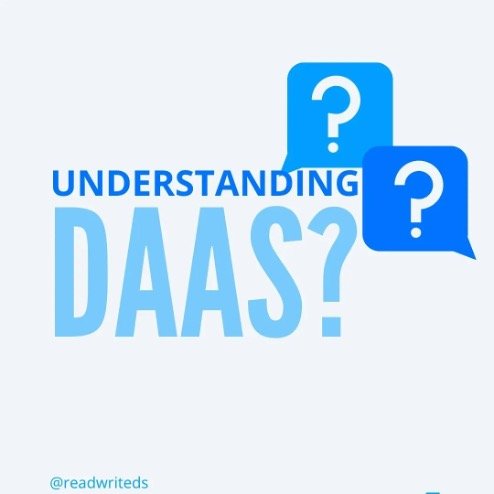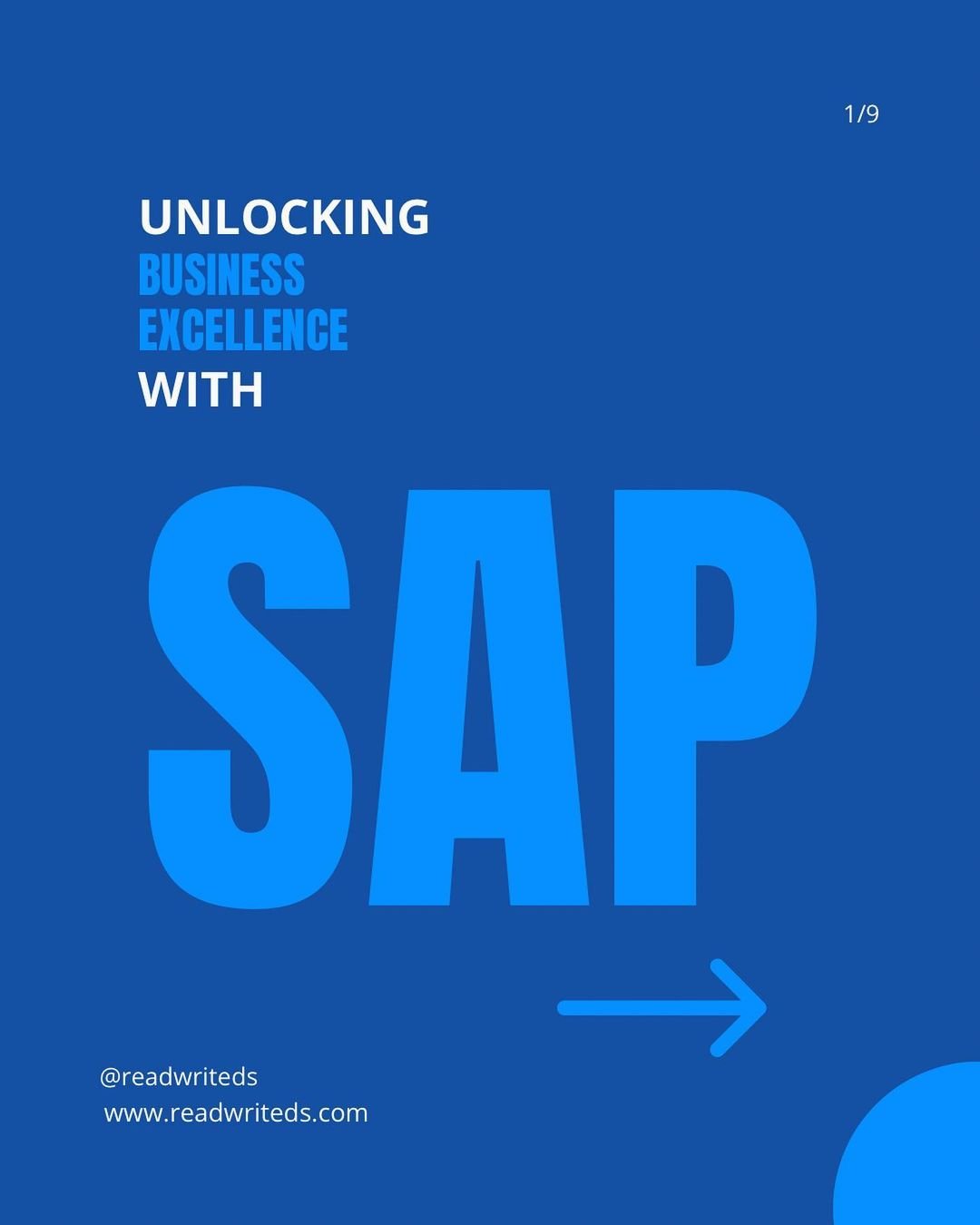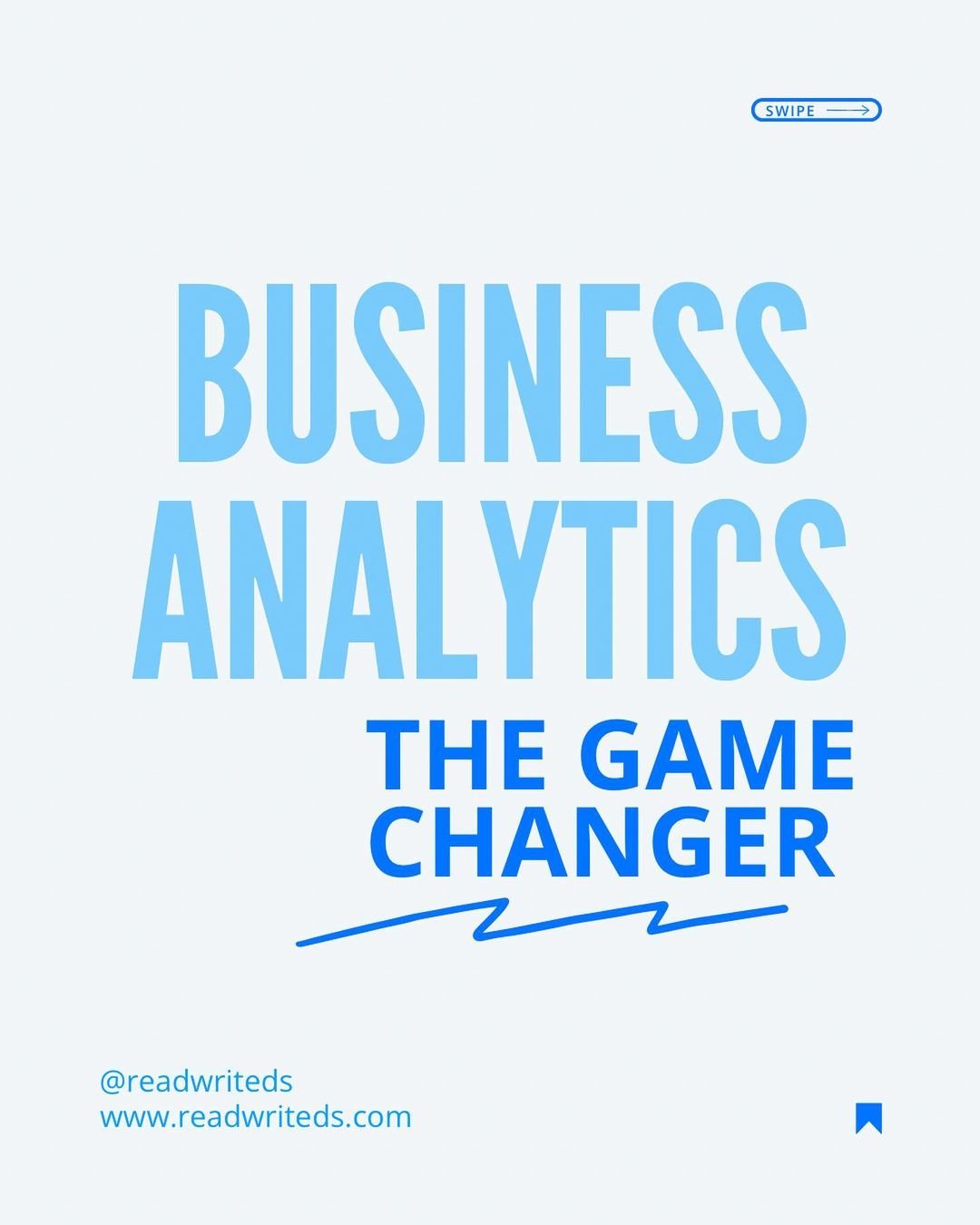
In today’s data-driven world, organisations are constantly seeking ways to explore the power of data to drive business decisions, improve operations, and gain a competitive edge. This is where Data as a Service (DAAS) comes in – an approach to data management that’s changing the game. In this article, We would be exploring the world of DAAS, what it is, how it works, its benefits, key features, and popular providers.
What is DAAS?
DAAS is a cloud-based data management model that provides on-demand access to data and analytics tools, enabling organizations to make data-driven decisions without the hassle of managing and maintaining complex data infrastructure. With DAAS, data is stored, processed, and analyzed in the cloud, making it easily accessible and scalable.
How is DAAS different?
DAAS differs from traditional data management approaches in several ways:
– Cloud-based: DAAS operates in the cloud, eliminating the need for on-premise infrastructure and maintenance.
– On-demand: DAAS provides instant access to data and analytics tools, allowing organisations to scale up or down as needed.
– Managed service: DAAS providers handle data management, security, and updates, freeing up internal resources.
What are the benefits of DAAS?
The benefits of DAAS are numerous:
– Scalability: DAAS grows with your organization, handling large volumes of data and user demands.
– Cost-effective: DAAS reduces infrastructure costs, minimizing capital expenditures and operational expenses.
– Faster insights: DAAS provides real-time data access and analytics, enabling swift decision-making.
– Enhanced security: DAAS providers ensure robust security measures, safeguarding sensitive data.




